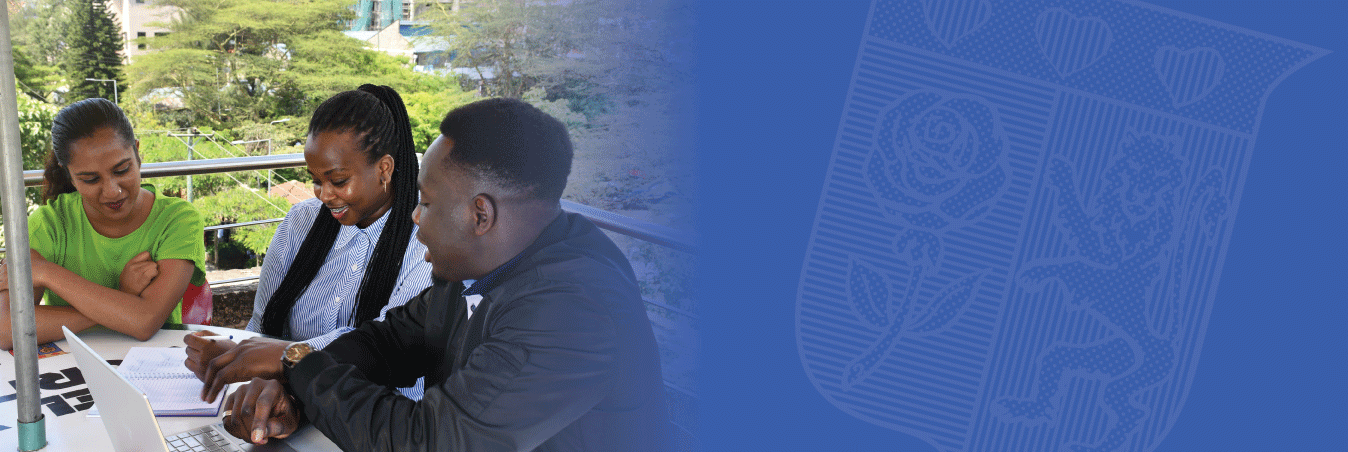Climate mitigation is a buzz word on the world’s lips. It has individuals, companies, and countries in solidarity, coming together to embrace clean habits so as to save the planet by striving to limit global warming to below 1.5 degrees celsius as set by the 2015 Paris Agreement.
As Prof. Kamere Mbote, Director, Law Division, United Nations Environmental Programme rightly put it during the Clean Tech forum that took place on May 19 , “If we treat climate change as a problem of the future, we will not reduce our temperatures.” She quoted Antonio Guterres who said, “Our fragile planet is hanging by a thread. It’s time to go into emergency mode.”
To put it into perspective, half a degree more would mean increasingly erratic weather than we are already experiencing; colder Julys, delayed rains, devastating floods, and persistent, intense drought. The country is reeling from the effects of climate change: Kenya heavily relies on the agricultural sector and has been directly impacted by these changes that have disrupted the traditional planting and harvesting seasons.
Therefore, to add to the global conversation and action, the clean tech forum organized by the Strathmore Law School, in collaboration with the Kenya Climate Innovation Centre, the Embassy of Switzerland, and SIPCA, brought together key industry players to discuss how cleantech can be one of the innovative mitigation and adaptation strategies in addressing the effects of climate change. Participants held roundtable discussions on clean tech and water, agriculture, energy and transport.
Clean Tech
Clean tech includes developing products or processes that reduce negative environmental impacts through, among others, energy efficiency and sustainable use of resources. It also includes tech related to promoting a circular economy; reduce, reuse, and recycle waste. From environmentally friendly vehicles, to sustainable agriculture, and access to clean water, clean technology is playing a role in creating significant opportunities for large, small and medium-sized enterprises to generate profits and create employment by providing solutions to climate challenges.
The first panel discussion on Clean Tech in Water and Agriculture was graced by Bernard Kipkoech (Founder Ecovard Solutions), Anne Katrine Buche Vedstesen (Associate Advisory and Partnerships at iGravity), and Dr. Robert Kibugi (Senior Lecturer in Law, University of Nairobi). The discussants addressed the quagmire that corporate firms face while maximising on profit at the expense of leaving a dent on the very same earth that they derive their benefits from. These esteemed panel further addressed the legal, policy and regulatory concerns surrounding clean technology in the water and agricultural sector in Kenya which supports about 70% of the households.
The second-round table discussion on energy and transport featured Patrick Kimathi (Founder of Carbon Zero Mobilities), and Prof. Izael Da Silva (Deputy Vice-Chancellor, Research and Innovation at Strathmore University). They addressed the opportunities and barriers that clean tech innovators face such as the stiff competition that clean technology faces from other innovations that are not environmentally clean in the energy and transport sector locally.
Innovative Projects
KCIC, in a collaborative effort with the Embassy of Switzerland, SICPA and Strathmore University, hosted the Cleantech Innovation Competition to strengthen idea stage businesses in the cleantech sector to address environmental problems. The competition created awareness of available technologies that can be implemented to solve our local environmental problems. From the over 300 applications received, five student-led startups were selected to battle it out for the top three positions. Mercy Kyalo, a Financial Engineering student, represented the University. Her team pitched Jiko-kul, a business model that leverages solar energy to provide sustainable cooking alternative product for schools.
Eco Bana, a team from St. Paul’s University wowed the judges with their biodegradable and reusable banana fibre sanitary towels. For their effort and ingenuity in replacing pads manufactured from plastics, they were handed top position that came with a 900k cheque.
In second place was Sto – Fresh, a team from the University of Nairobi. The start-up recycles waste tyres to make stylish and affordable flooring materials. In third place was Circularity Space, a team from Multimedia University that utilizes smart bins that use AI to identify, sort and recycle waste in Dandora. To encourage the use of the smart bins, users are rewarded with points that can be redeemed for cash or discounts on products.
This article was written by Wambui Gachari and Elvis Cosmos, SLS Class of 2022.
What’s your story? We’d like to hear it. Contact us via communications@strathmore.edu

